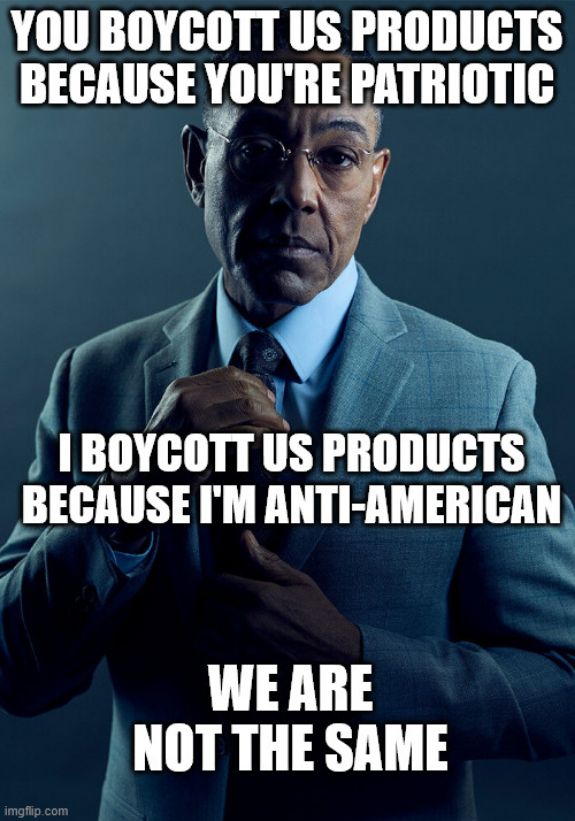Some great racing this weekend at Mugello! What a track! The moto3 and motoGP races were so good.
sapetoku
...and osculate my posterior!
The Moto2 race was freakin' epic!
Well, it is boring if MM wins every race without having to fight for it, even if it's a crazy feat. I remember when Doohan came back winning A LOT on the Honda 500 after almost losing a leg and having a fused ankle, at a time the bikes were actively trying to kill you too... but I don't remember him or anyone dominating that much, ever. And Alex is barely slower than him and also dominates the rest of the pilots. I think the Marquez name is gonna feature at the top of MotoGP for a long, long time!
MM is so far above the rest and Alex is not far, the domination almost gets boring but it's amazing to watch nonetheless because they're such cool guys. Morbidelli's battle with Aldeguer on lap 18 was quite epic!
Copyright law would be in the way, Arte content is only available in France, Germany and parts of Switzerland. I have to use a VPN to even get their youtube videos, which are otherwise geofenced.
Well, they got the two brain cells fighting for third place
Looks like you get banned for mentioning him...
My account just got suspended for mocking JD Vance in a joke thread. I appealed and got a permaban in response.
Always has been. Crypto is mostly money laundering and criminal activities.
Finland's population is ~5 million and ethnically/culturally homogeneous. It's relatively easy to swing things around at such small scale. Also, being homeless means being frozen dead most of the year over there. Still a very good thing, but their recipes can't be applied in a snap, not unless you're ready to pay as much tax as the Finns do (hint: it's huge amounts).

Pour moi au bout de 2 ans y'a trop de rayures malgré le fait que je fasse gaffe - je porte des nulettes depuis plus de 45 ans quand même. Je suis très myope et la moindre rayure est amplifiée.